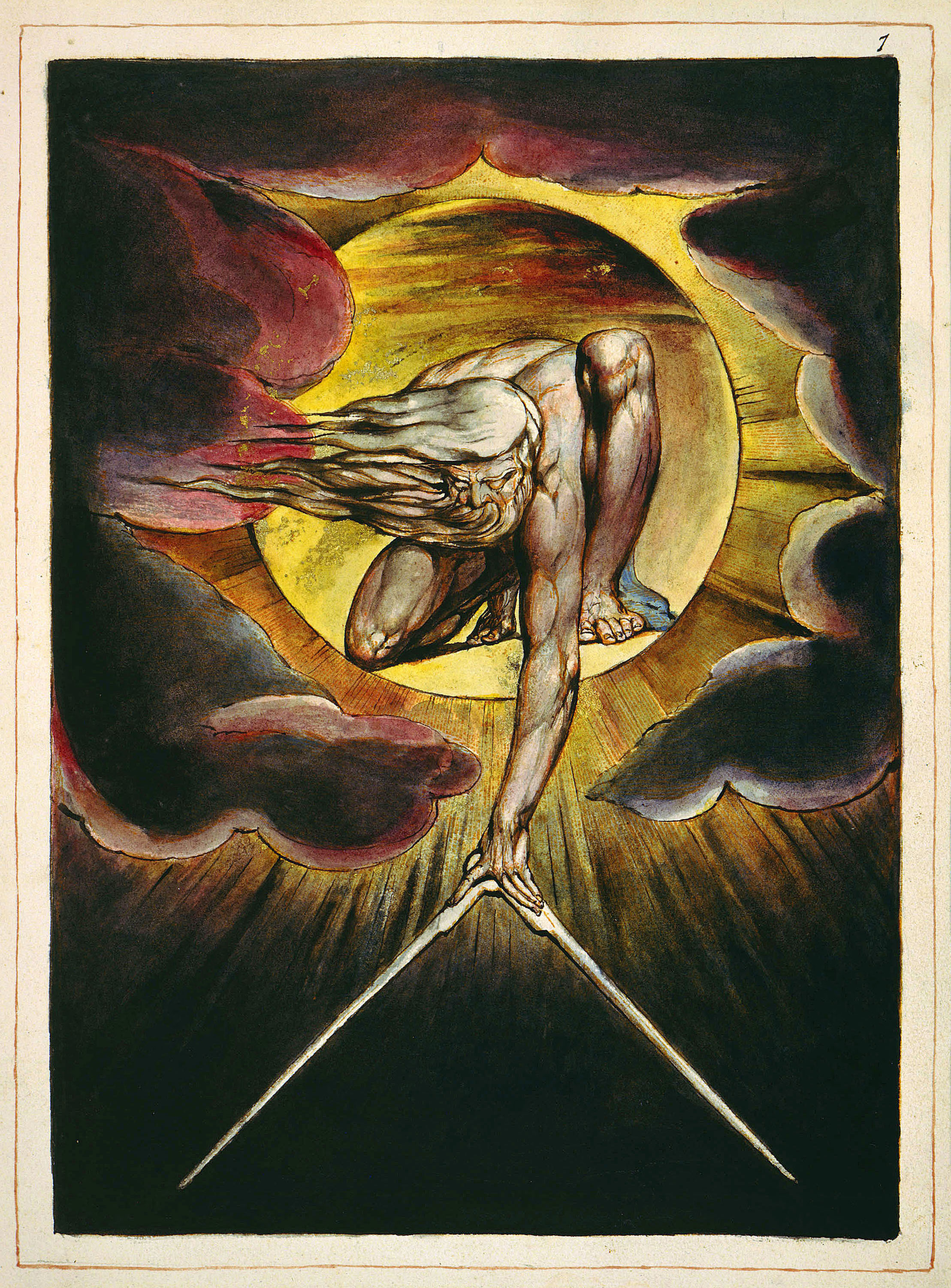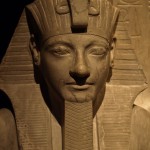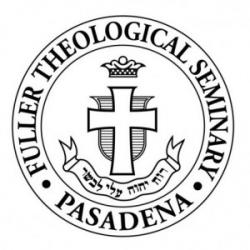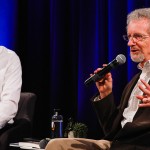Brueggemann’s Theology of the Old Testament, Part 4. Part of a series preparing for Brueggemann’s lectures at Fuller Seminary at the end of April.
By Reed Metcalf
As we have slugged our way through Walter Brueggemann’s Theology of the Old Testament, we have been introduced to a new way to frame the Scriptures. Brueggemann suggests that the Old Testament is best understood as a collection of witness statements, of testimonies as you would hear in a court room. Israel testifies to Yahweh, the God of Israel who delivered them from Egypt. The core testimony of Israel—a testimony meant to be heard by the world, mind you—is that Yahweh has acted in a myriad of ways—delivering, sustaining, judging, etc.—which leads him to have certain attributes—He saves, sustains, judges—which lead to metaphors—king, shepherd, judge—that help the world vaguely understand the mysterious and indefinable God of creation. The core testimony is met and held in tension with Israel’s own countertestimony: that the God who saves is often hidden, is ambiguous, and sometimes, as we see in Job, does things that seem exactly the opposite of his saving actions in the Exodus. The core testimony and the countertestimony to God’s character are forever in a tug-o-war in Israel’s understanding. God is both/and, not either/or.
Israel, as Yahweh’s chief advocate in this courtroom framing, offers a third piece of testimony, that which is unsolicited. We have been exploring Old Testament Theology—what the Old Testament says about God—but now Israel gives testimony that the lawyers have not asked for. Israel’s unsolicited testimony, says Brueggemann, is focused on drawing connections that only Israel can see, connections that at first seem irrelevant but further illuminate Yahweh. The witness turns the attention from God to God’s “partners:” those with whom Yahweh is intimately involved.

Israel proceeds to discuss how God relates to Israel itself, individual human beings, the nations of the world, and all of creation. There is a great deal of overlap between how God works with each type of partner, and there is a great deal of surprise involved; Brueggemann cites how God both ordains empires and smashes corrupt rulers (518-519), how God enacts other “exoduses” for other nations (520), and a correlation between how God deals with brokenness and restoration with every partner (555). This is dense, profound exposition that could be a standalone book—this section is longer than all of Brueggemann’s Prophetic Imagination. But I want to tease out three themes:
1. Yahweh is ultimately only understandable in relationships.
The terms that we like to throw around about God—omnipotent, omnipresent, omniscient—are not really how the Old Testament talks about God. Sure, things like God’s power are announced, but always in the context of God interacting with someone or something else. God’s power—or knowledge or presence—is described in relation to the armies he defeats, or the chaos he stops, or the wonders he creates. There is always something he interacts with, because Yahweh is not a far-off or removed deity, but instead a God who is passionately involved in all he has created.
2. Everything that exists thrives and is best understood in relationship with Yahweh.
Israel, sometimes much to Israel’s surprise, testifies to a God who not only relates directly to this chosen nation of priests, but directly to everything in the world. Yahweh still has the internal tension between holiness and solidarity with humans/creation, but there is a level to which God chooses solidarity with all things. That being said, all things best understand themselves in light of their relationship to God. This is why Yahweh knocks out empires when they think they are the supreme power that can dictate what is right or wrong, or why Yahweh seems to vindicate non-Israelites who act in reverence to God (i.e. Melchizedek, Ninevites). There seems to be an element of natural theology in all of creation; God appears involved enough in all things and people for all to know a correct way to interact with each other and with the Being who brings life and coherence to the universe.
3. The myth of God as an angry, legalistic tyrant in the Old Testament is exposed as just that: a myth.
We’ve heard this a lot in Christian circles: God spent a long time being angry with folks after giving them the Ten Commandments and didn’t stop being angry until Jesus died. That is a caricature in the extreme. As Brueggemann lays out the evidence, there is always a movement from brokenness to restoration in Yahweh’s relationships. God’s involvement with—and love for—another party requires holiness in response, but often pride, selfishness, and other things are how the partner responds. This leads to a break in the relationship—destruction for Assyria, the plagues for Egypt, a curse for David, the Glory of God leaving Solomon’s Temple. But everything is also on a trajectory of restoration. The God who requires holiness is the one who follows Israel into exile to bring them back, who promises the restoration of all nations in Isaiah, who culminates this love for all in the Incarnation. Jesus is not a radical break in God’s behavior, but instead the ultimate expression of the God who has always been concerned with relationship, restoration, and love.
Reed Metcalf works as a Media Relations and Communications Specialist at Fuller Theological Seminary. He writes for and curates the Fuller Blog and contributes regularly to FULLER magazine. He graduated with his MDiv from Fuller in 2014 and co-founded the Fuller Faith and Science student group. Reed and his wife Monica live in Pasadena, CA, where he is an ordination candidate in the Free Methodist church. Follow him on Twitter at @reedmetcalf.
Follow Fuller Seminary on Twitter at @fullerseminary.











